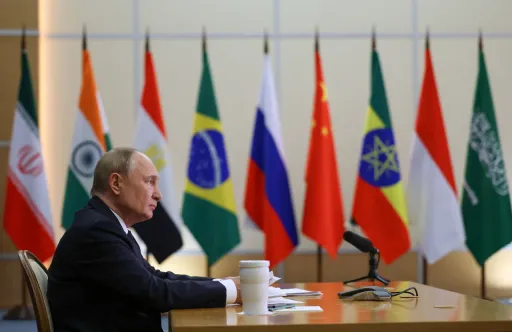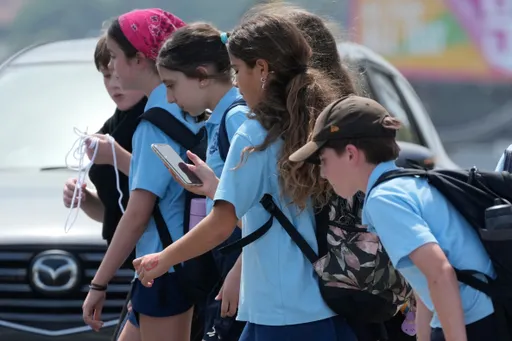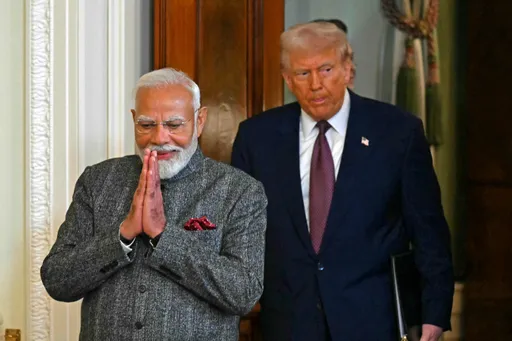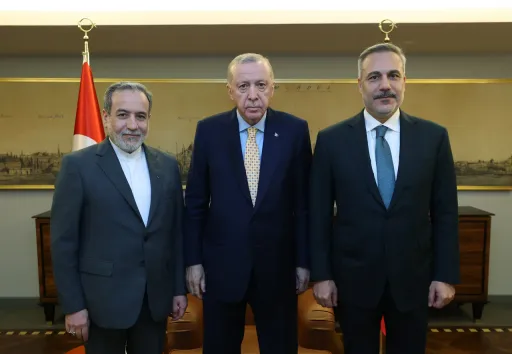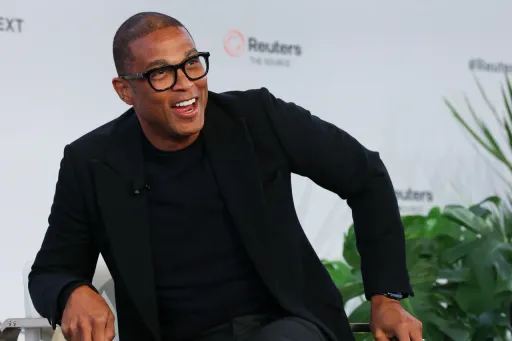By Emmanuel Onyango
From riding to power in Liberia’s first democratic transfer of power since the civil war to making a gracious concession six years later, George Weah has been hailed for showing respect to fair play after losing a tight presidential contest.
His phone call on Friday to congratulate President-elect Joseph Boakai served to ease tensions in the fragile nation.
"Liberia has won," Weah later said on radio after the results were announced.
The political development in Liberia is seen as unusual in West and Central Africa where military coups and controversial extension of presidential terms have been witnessed in several countries in recent years.
“For a president to concede defeat is not normal in our region. Given the tightness of the election and then the president came out to concede defeat, I think that is laudable,” said Adama Dempster, the Secretary General of Human Rights Advocacy Platform of Liberia.
Civil wars wounds
“He (Weah) has actually proven a break-away from the Western African style of politics,'' Dempster told TRT Afrika.
Weah, 57, a former international soccer star, faced a crowded field of 19 challengers in the first round, before the race thinned down to two candidates in a run-off. He lost by a margin of just 20,567 votes. The former Fifa World Player of the Year was first elected in 2017.
The country endured back-to-back civil wars between 1989 and 2003 that killed some 250,000 people but the country has been recovering steadily with consolidation of democracy.
“Liberia has become a classic example (of a working democracy). We have had successive elections since the end of the civil war and those elections have not been marked by any form of fraud or been rigged," Dempster added.
International concerns on potential post-election violence were high after sporadic clashes between supporters of various candidates were reported in the first round of the election in October. There were also communal and regional tensions.
ECOWAS jolted
That situation prompted the West African regional bloc, ECOWAS, to caution against any premature declaration of victory and warned that it would hold instigators of violence responsible for any instability.
"ECOWAS, the African Union and the International Community will hold them accountable for any actions that may lead to violence and instability," it warned.
The bloc of 15 West African countries has itself been struggling to stem fresh instability that had seen military takeovers sweep through four of its members in three years including Niger, Mali and Burkina Faso. It was unsurprising therefore that it got jolted by a threat to democracy in Liberia.
The elections were the first since the exit of UN peacekeepers who were deployed after the official end of the civil wars in 2003.
Although Liberia emerged from the elections unscathed, rights activists and campaigners say there are still long-running divisions that need to be addressed in the immediate short term.
Liberia's unity
“I think the challenge right now is to bring all Liberians together, to create an atmosphere of national healing, coexistence and of course a process of reconciliation,” Dempster added.
In his concession speech, Weah reminded his successor that "the closeness of the results reveals a deep division within our country".
He added: "Let us heal the divisions caused by the campaign and come together as one nation and one united people."
President-elect Boakai has acknowledged as much and used his first speech since the election to call for unity to rebuild the country and assured on a "smooth and peaceful" transition.
"The elections are now over and we must unite as one people to rebuild our country," Boakai said on Tuesday.
"I implore all Liberians, regardless of ethnic origin, country, religion or political party affiliation, to join us on this journey to save our country," he added.











